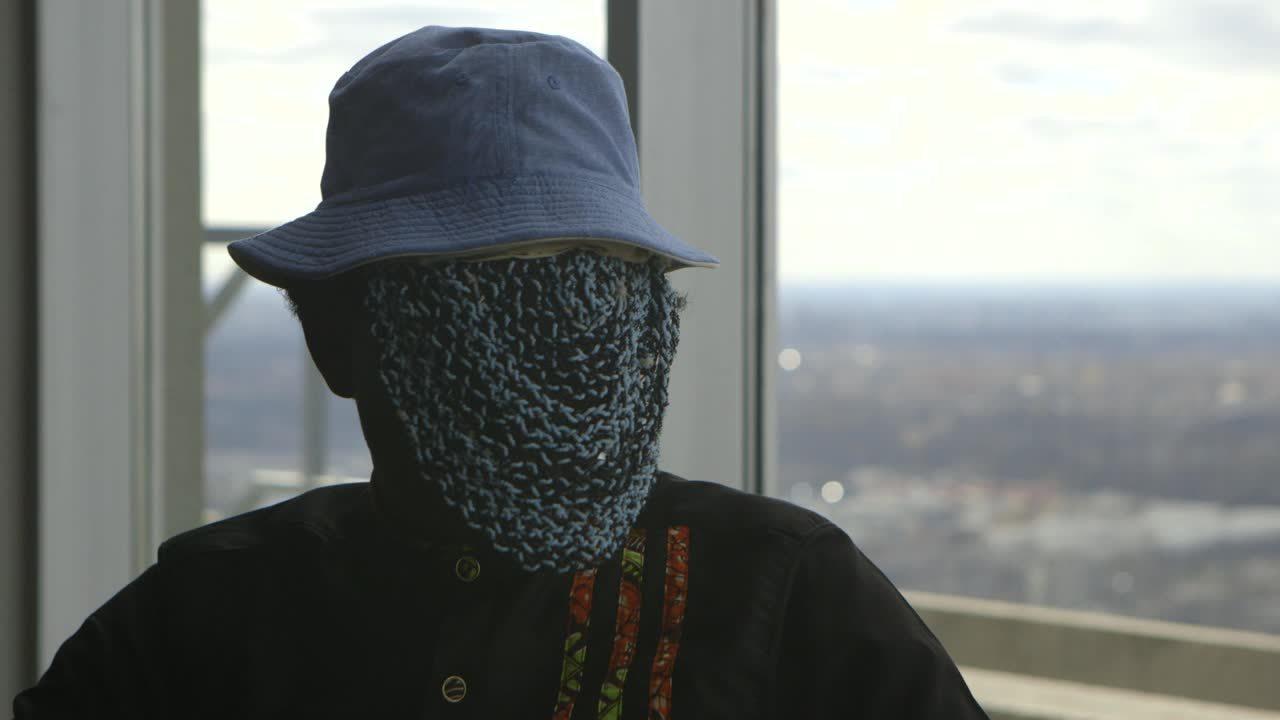KKD rape case: Lawyers share opinions on implications of withdrawal
- Posted on
- Comment
Kwesi Kyei Darkwa’s alleged rape victim’s written notice to the Attorney General that she is no longer interested in pursuing the allegations is dividing legal opinion in Ghana.
Some renowned lawyers, Ace Annan Ankomah, Bright Akwetey and John Ndebugri have shared different opinions on the implications of the withdrawal of the case against the media icon, Kwesi Kyei Darkwa (KKD).
She said she was therefore unable to continue assisting the Police who are prosecuting the case.
This development has generated heated debate over whether the withdrawal ends the case.
Bright Akwettey
Speaking on the Citi Breakfast Show on Wednesday, a onetime Chief State Attorney, Bright Akwettey said the withdrawal of the case simply means “there is no case to prosecute.”
He explained that “if you want to prosecute and prosecute successfully, you will need the woman to come and say he did it without my consent and the court will look at your evidence, your demeanour, the man’s size visa-avis your size and other factors and to ascertain whether or not indeed, it was without your consent.
“It is your word against the man’s word because in these cases, normally, there are no third parties…But if the woman says I have withdrawn it or I don’t want to pursue it, it means you don’t have evidence to pursue in the court and you cannot go again and bring any charge sheet to anybody,” he said.
Lawyer Akwettey stressed that the case cannot be continued because “you will need to call evidence. It is not a matter of legal argument; it’s a matter of evidence.”
According to him, it is possible to say that there is a case on social media, in society but before a court of law where one has to be proven guilty, “there is no case. It is her evidence alone which will convict the man.”
“If you want to talk about rape, you need the consent of the victim…the moment she says no, the prosecutor can have the files full of evidence, full of pictures, full of CCTV evidence, but you cannot pursue it,” he added.
John Ndebugri
A former Member of Parliament and lawyer, John Ndebugri however disagreed with Bright Akwettey.
He insisted that the case is not dead by the mere withdrawal by the complainant.
He indicated that once a case is reported, investigations are conducted and the accused charged, the case is no longer in the hands of the complainant.
“… when you have a reported a crime to the Police and the Police starts investigations and begins to charge the accused, the matter is no more in your hands; it is in the hands of the state.”
“It is the Republic against the accused person. It is not Mr. A or B against the accused person,” he stressed.
Mr. Ndebugri pointed out that it is not right for citizens to conclude that the case is dead.
“I do not think that it is right for us to conclude that just because somebody who had reported the case turns round to say that he or she is not interested therefore the case must come to an end; I don’t think so.”
According to him, Ms Thompson can be subpoenaed to come to court to give evidence on behalf of the state.
“She cannot refuse to answer the subpoena. If he or she refuses to answer the subpoena, then the process of contempt will follow.”
“If the person comes to court is being uncooperative, the Prosecution can apply to the court to declare that person as a hostile witness in which case the Prosecution can now cross examine him or her and bring out the facts with which the accused person can be convicted,” he added.
Ace Annan Ankomah
Meanwhile, private legal practitioner, Ace Annan Ankomah also on the Citi Breakfast Show said both Mr. Akwettey and Mr. Ndebugri are right with their submissions and interpretations of the law.
He mentioned that “the law has its theory and practice and for the most part, the two coincide,” adding that “in a criminal matter, the actual party in the case against the accused is the state. It is not even the person who is the complainant. It is the not even the person on whom the crime was committed.”
Ace Ankomah remarked that “in criminal matters, the state gives the principal party and so technically, even if the complainant says that I am no longer interested in the case, the state can say that probably, we don’t even need you because we have enough evidence to go ahead with what we are doing.”
“So in theory, that should be it. The state ought to be able to put its foot down that it’s going to go ahead but throw it into the practice, and then you will see that the theory has issues.”
He however asked if the state is willing to subpoena a 19-year-old to testify in a case she is no longer interested in.
“In this case, are we really saying that we want to see 19-year-old is summoned by a subpoena to become a principal witness to the case? So you see where the theory and practice don’t jive?”
By: Efua Idan Osam











 (Selorm) |
(Selorm) |  (Nana Kwesi)
(Nana Kwesi)